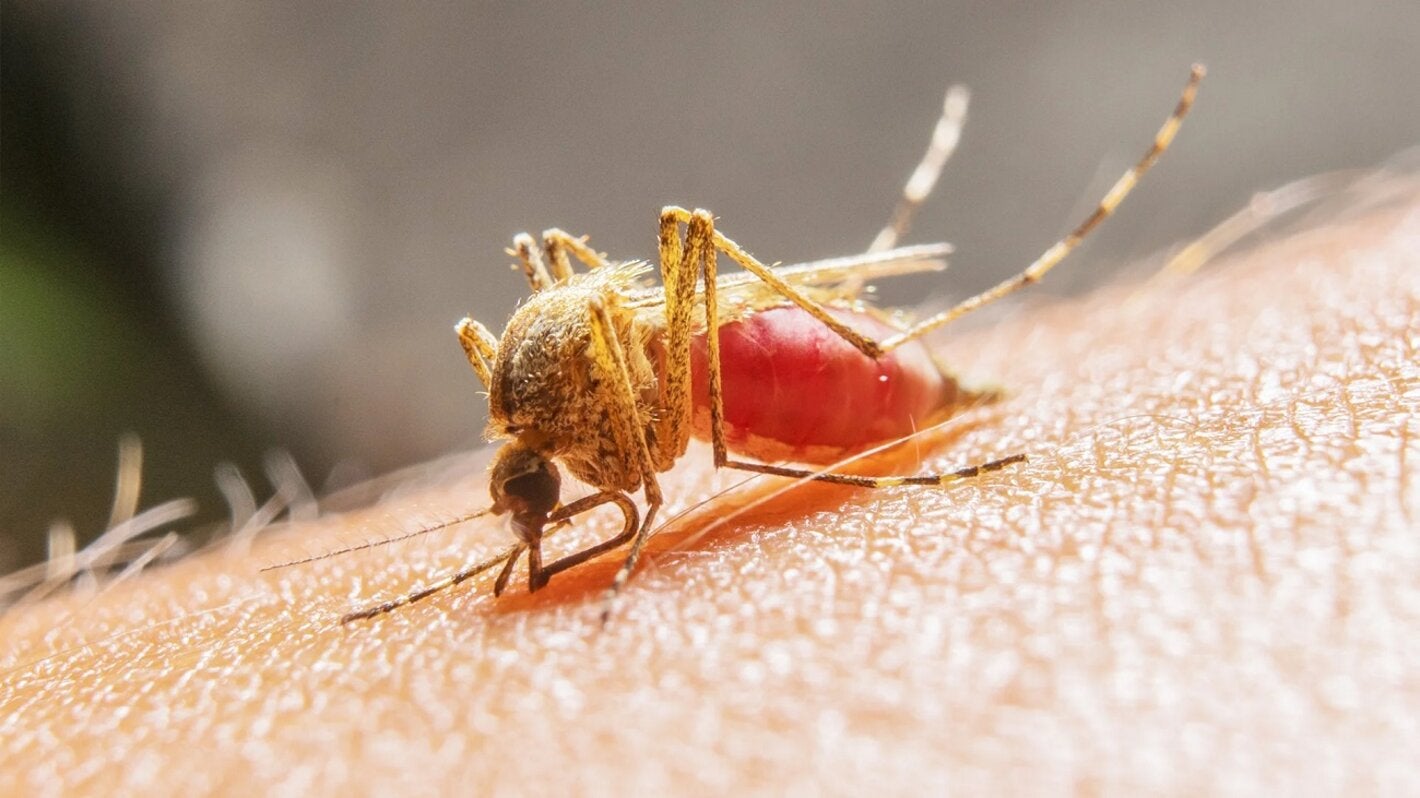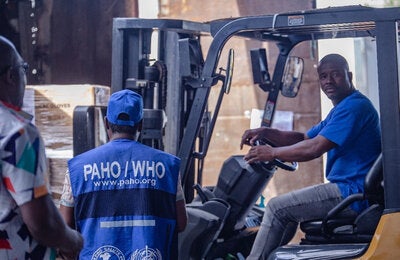
Havana, 21 October 2016 (PAHO/WHO) - Delegations from over 30 countries agreed today to promote a series of priority measures for the prevention and control of arboviruses, a group of mosquito-borne viruses that includes the Zika, dengue, and chikungunya virus. These measures involve strengthening epidemiological surveillance systems for the different viruses and the capacity to diagnose them. Also, health workers have to be trained to recognize these diseases at the first level of medical care.
The health authorities also expressed their commitment to "galvanize political and financial will" for this action in the consensus reached in Havana. This consensus was the culmination of two days of discussion among the health authorities of the Americas, sponsored by the Pan American Health Organization/World Health Organization (PAHO/WHO) and Cuba’s Ministry of Public Health. The resulting activities will implement the strategy for combatting arboviruses in the Americas, approved in October by the Ministers of Health at the 55th Directing Council of PAHO.
"May the Havana consensus be the turning point that marks the definitive decline of arboviral diseases in our Region," declared the Director of PAHO/WHO, Carissa F. Etienne, yesterday at the Council’s opening. “This will require everyone to be involved–with the leadership of the health sector, of course–but all sectors: education, environment, economy, academia, all of them," she insisted.
More than 500 million people in the Americas live in places where they can contract arboviruses such as Zika, dengue, or chikungunya, because they are transmitted by the Aedes aegypti mosquito, warned Sylvain Aldighieri, PAHO/WHO interim Deputy Director for Health Emergencies. He added that the Region is at risk for the reintroduction of viruses such as yellow fever and that others, such as the Mayaro and Oropouche viruses, which are currently circulating or once circulated in the area, must be closely monitored.
At the close of the meeting, Sylvia Mathews Burwell, Secretary of Health and Human Services of the United States, thanked Cuba and PAHO for organizing the event. She stated that her country is not only working with organizations such as PAHO/WHO to strengthen communication to change behaviors and improve the diagnosis of these viruses, but in the scientific arena to develop vaccines, indicating that it is exploring cooperation with Latin American and Caribbean countries in this regard.
"Zika is a health threat of enormous concern to our populations. However, with an effective response, partnerships, and the collaboration of multinational organizations such as WHO and PAHO, it can be defeated. And that begins here, at this event," she stressed. This was the first official visit of the U.S. Secretary of Health to Cuba.
Yolani Batres, Minister of Health of Honduras, noted that borders vanish at these meetings, enabling everyone to work together in joint activities. John Boyce, Minister of Health of Barbados, commented: "This is the beginning of a new agenda in our battle against the threat of Aedes and all the arboviral diseases that threaten us," adding that the goal is now to implement consensus-based measures, which will require cooperation among countries.
Elements of the Havana consensus
In the consensus reached in Havana, the health authorities of the Americas agreed that the countries will strengthen their epidemiological surveillance systems to enable them to report specifically on which arboviral disease is involved, the circulation of the virus, and the risk of the introduction of new viruses. This will lead to a greater understanding of the correlation between the disease’s manifestations in the patient, the virus, the vector, and the environment in which it circulates, facilitating a timely response to outbreaks.
Other agreements included strengthening diagnostic capabilities and laboratory quality management systems to ensure good viral surveillance, and guaranteeing the operations and operability of the Arbovirus Diagnostic Laboratory Network of Americas (RELDA).
The Consensus also includes a commitment to provide training in the health services, particularly at the first level of medical care (physician's offices, polyclinics) to diagnose patients in a timely manner and prevent deaths. This is complemented with an agreement to prepare and update clinical management guidelines, which should be available to every physician.
In terms of vector control, the delegates stressed the need to provide training for field personnel who implement the mosquito control and breeding site elimination programs, and to monitor and evaluate their activities, including the proper use of insecticides. The Consensus also urges work with the population as essential to mosquito control.
The Havana consensus also highlights the need to promote active community participation and guarantee access to information so that the public can play an active role in measures for the prevention and control of these mosquito-borne viruses.



